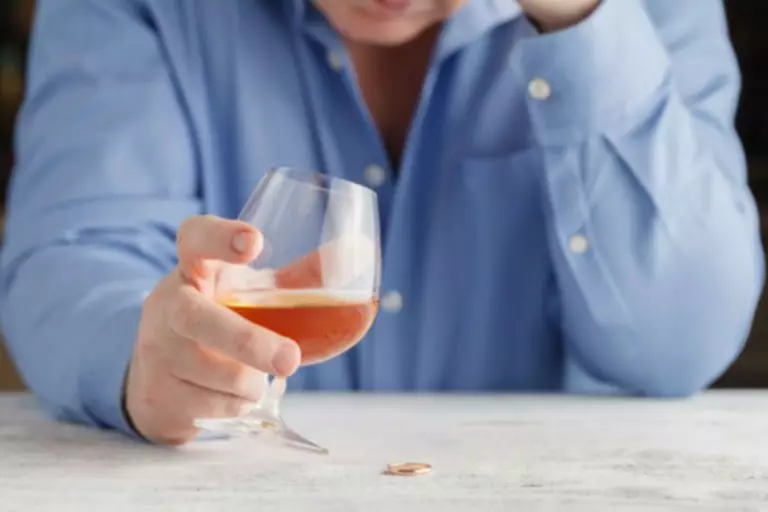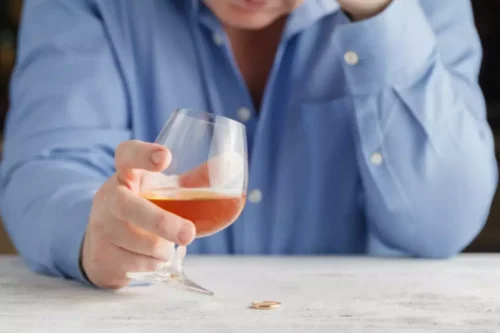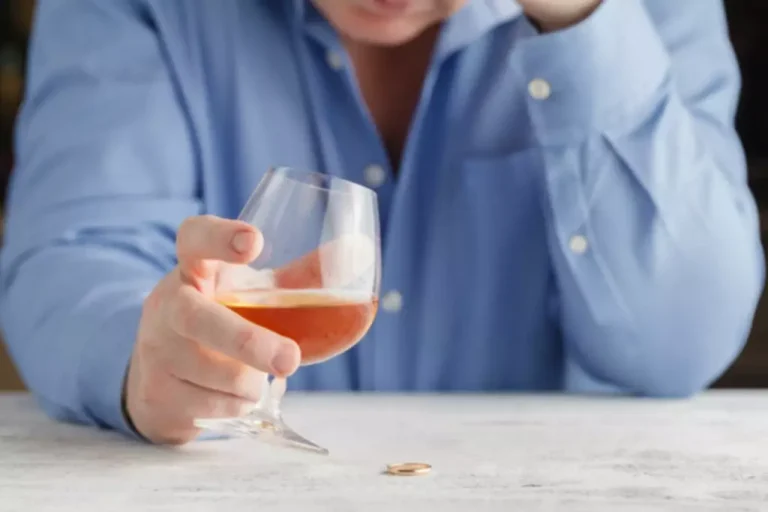
By staying mindful of the following factors, individuals can develop effective coping strategies to resist the urge to drink. Abstinence from alcohol has been proven to be the most effective way to maintain sobriety, especially for recovering alcoholics. Attempting to drink alcohol after achieving sobriety can be a dangerous path.

Follow us on social media

Antifungals can help reduce the amount of fungus in the gut, and these will also be useful in treating fungal infections that cause gastrointestinal symptoms. You can also see its effects if you feel incredibly drunk after only a small consumption of alcohol. A lot must be going through your head, including if any such syndrome actually exists, but it does. Sadly no extensive research has been done on this syndrome yet because it’s pretty rare, and there only have been a few cases. If you’ve been going through something similar, then there’s nothing wrong with you, and what you have going on is called an auto brewery syndrome. A generous pour of wine often amounts to two standard drinks.
Are you born with auto brewery syndrome?
Factors — such as how much you weigh and whether you’ve eaten recently — can also influence how quickly your body absorbs alcohol. The good news is you can take steps to avoid getting too drunk in the first place and ending up with a bad hangover. The only thing that lowers the concentration of alcohol in your bloodstream is time. There are many tall tales and secret recipes out there that claim to have solved this problem. But there are plenty of cases when you just had maybe a little too much innocent fun, and suddenly you’ve got to snap out of it. The Healthy @Reader’s Digest spoke with doctors and looked at recent years’ research to help you navigate the space between carefree and careful.
Psychologists say your drunk personality has a lot in common with your sober self

The important thing is to find a recovery program that works for you and stick with it. If one approach doesn’t feel right, take a step back and consider a different one. If you suspect you might be dealing with this syndrome, try not to be too hard on yourself. Some folks assume that people showing signs of this syndrome are about to relapse and drink again, but this isn’t always the case. When talking to or about someone in recovery, avoid using this term. In other words, someone who’s sober might still “act drunk” or deal with the same issues that led them to quit drinking in the first place.
- A personalized relapse prevention plan is essential for maintaining sobriety, as it helps individuals identify triggers, develop coping strategies, and set achievable goals.
- Don’t make any dietary changes by yourself, and consult a doctor first before making changes in your diet or taking any medications.
- This means that your body adapts to having alcohol, so you need more to feel the same effects that you did before.
- Blood alcohol level is measured by the weight of alcohol in a certain volume of blood.
- It is influenced by the person’s weight, the amount of alcohol they drank, and how quickly.
- For the majority of people, drinking alcohol after being sober can lead to relapse.
How can I manage emotional triggers during recovery?
You should also avoid processed foods and depend more on protein to help you feel fuller for longer. Since this syndrome is rare, there’s not feeling intoxicated while sober much research done on it yet, so no specific test exists to diagnose if someone is suffering from it immediately. Symptoms are not enough to diagnose this syndrome, and extensive research is still needed. Our gastrointestinal tract contains numerous bacteria, where fungi account for less than 0.1 percent. Although a low concentration of fungus doesn’t cause any issues, an overgrowth can significantly affect health.
Causes of Intoxication
If you have auto brewery disease, your blood alcohol level may range from 1.0 to 7.0 milligrams per deciliter. Warren is a Licensed Master Social Worker, who specializes in substance abuse and mental health treatment. Clinically, Warren has developed a therapeutic skillset that utilizes a strengths-based perspective, Twelve Step philosophies, Cognitive Behavioral Therapy and Motivational Interviewing.
- If you feel you’re drunk even though you’re sober, then it could be that you’re suffering from auto brewery syndrome.
- Meals high in fat, protein, or carbohydrate will delay gastric emptying, and thus lower the amount of alcohol that is absorbed, according to a 2012 review in the journal Clinical Liver Disease.
- Because it takes time for alcohol to have an effect on the body, consuming the large amounts required to reach these BAC levels can occur while the person is still reasonably sober.
- Recovery can be extraordinarily difficult and bring up feelings of hopelessness.
- This syndrome is usually a complication of another disease, imbalance, or infection in the body.
- A lapse is a brief return to drinking or using drugs, but the individual quickly stops again.
How Can You Deal With Dry Drunk Syndrome?
- If you are a dry drunk, chances are you also struggle with depression, anxiety, or some other form of mental illness.
- Once you do that, you can look for help and support from those around you.
- Try talking to your treatment sponsor, accountability partner, or member of a peer support group.
- This can sometimes trigger renewed alcohol use, especially in the absence of more helpful coping techniques.
This means if we treat you for addiction, we treat your mental state too. Perhaps, that is the reason you are struggling with dry drunk disorder. You may be dismayed to find there is something else to deal with, but at least you have a start!
Instead, focus on taking small steps to build some of them into your routine. Still, there are things you can do to manage these symptoms and minimize their impact on your life. “Given that relapse is a process, it can be identified and interpreted before use happens,” she says. Symptoms can also seem to resemble a late withdrawal, as some treatment professionals have pointed out.